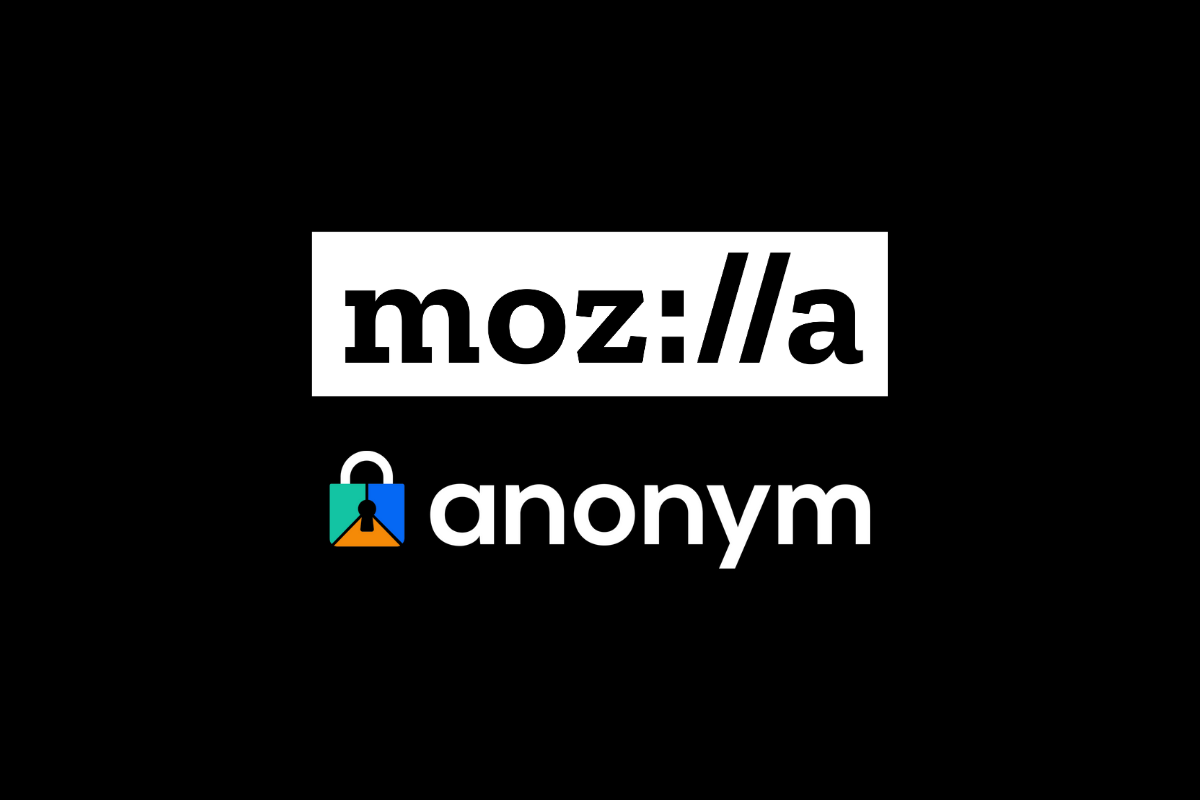Mozilla has acquired Anonym, a trailblazer in privacy-preserving digital advertising. This strategic acquisition enables Mozilla to help raise the bar for the advertising industry by ensuring user privacy while delivering effective advertising solutions.
About Anonym: Anonym was founded in 2022 by former Meta executives Brad Smallwood and Graham Mudd. The company was backed by Griffin Gaming Partners, Norwest Venture Partners, Heracles Capital as well as a number of strategic individual investors.


It kinds is though, the reason it exists is to ensure the internet is a healthy global public resource.
AFAIK Mozilla nets about $500 million a year from Google being the default search engine, which is roughly the entire budget, and is lower than what Google and Apple spend to maintain their web browsers. So your numbers seem optimistic to me.
I haven’t seen that happening, or at least, not “collect” in the sense of “Mozilla has data about Firefox users in order to better target ads at them”. Possibly that the user’s own local device has that data.
Again, Mozilla has always been an ad-funded operation. But also always without doing surveillance.
(I do 100% agree that it is a risky business to be in and that I’d hate to see it cross the line, but I’m withholding judgment until I actually see that happening.)
They’ve been talking about it for a while. They took one small step over that line into actually doing it last month.
Ah right, we’re talking different definitions of “Firefox users”. I meant that they’re not collecting data on specific users, i.e. there’s nothing on Mozilla servers that says anything about me specifically. The post is talking about Firefox users as a collective, i.e. “this many Firefox users are searching for animals”. Which is something it’s done for ages, albeit not for what websites people are loading. (But it is known, for example, which menu items are most used.)
I’ll also note that that post is not about advertising but about what features to develop, but I’ll grant that it’s not a big leap to use it to serve more granular advertisements as well.
If you don’t think that’s about advertising, then I guess they’ve managed to sneak “Firefox Suggest” in there without you noticing that its main purpose is to show you ads unless you take the time to find out how to opt out.
They extract sensitive data from the users, but simply promise not to keep it except in anonymized aggregate form. They talk about and acquire a venture that specializes in collecting such data for advertisers but promises to keep to it only in a super-secret encrypted computing enclave. It’s the sort of thing Mitchell Baker often talked about wanting to do, in various interviews. They are aiming to turn Firefox into an ad platform.
I imagine they’ll probably fail and give up eventually, but who knows how much more damage will have been done by then.
It’s a bit of a stretch to turn “may also” into “main purpose is”, but you’re right - that shows that indeed it’s not a big leap to use it for advertising.
But no, as I understand it, this isn’t extracting sensitive data from users and then only keeping it in anonymised aggregate form - the sensitive data is handled on your device and never reaches Mozilla, and the anonymised aggregate form (i.e. the high-level category derived from that data) is the only thing that’s actually sent.
And again, it’s always been an ad platform, it’s still the only proven way to fund development.
I won’t comment on this acquisition, cause I have no idea what this company does.
They cannot aggregate or anonymise the data locally on your device, because that requires combining it with data from other devices. They can only water it down a little, just like google does with Floc or whatever they call it now.
The difference between this and the minor act of selling out that is their main source of income is enormous and seems too obvious to need commenting on. The difference between this and something more comparable such as sponsored links in Pocket is indeed that they are starting to collect audience data to enable it. It’s a small start, but it’s a major departure from the already somewhat distasteful situation people were accustomed to.
As I understand it, the way it works is that the aggregate categories are defined beforehand, e.g. "these sites are part of the “animals” category. So then if you visit any of those sites, your local install will match them against that list, and then share the aggregation outcome (i.e. “you visited an ‘animals’ site”), without having to share the specific site you viewed - which thus Mozilla can’t even know.
Right, no doubt it’s something like that. So in short it’s sending information about your web browsing habits to Mozilla so that they can better inform their advertisers of who they’ll be reaching with their sponsored url bar suggestions.
Sometimes I forget that there are people who would have no problem with that. But after all, billions of people are happy to use Chrome.
Yeah, and the main difference to me is that that’s not going to sway elections or disclose a journalist’s sources or expose a human rights activist or something like that.